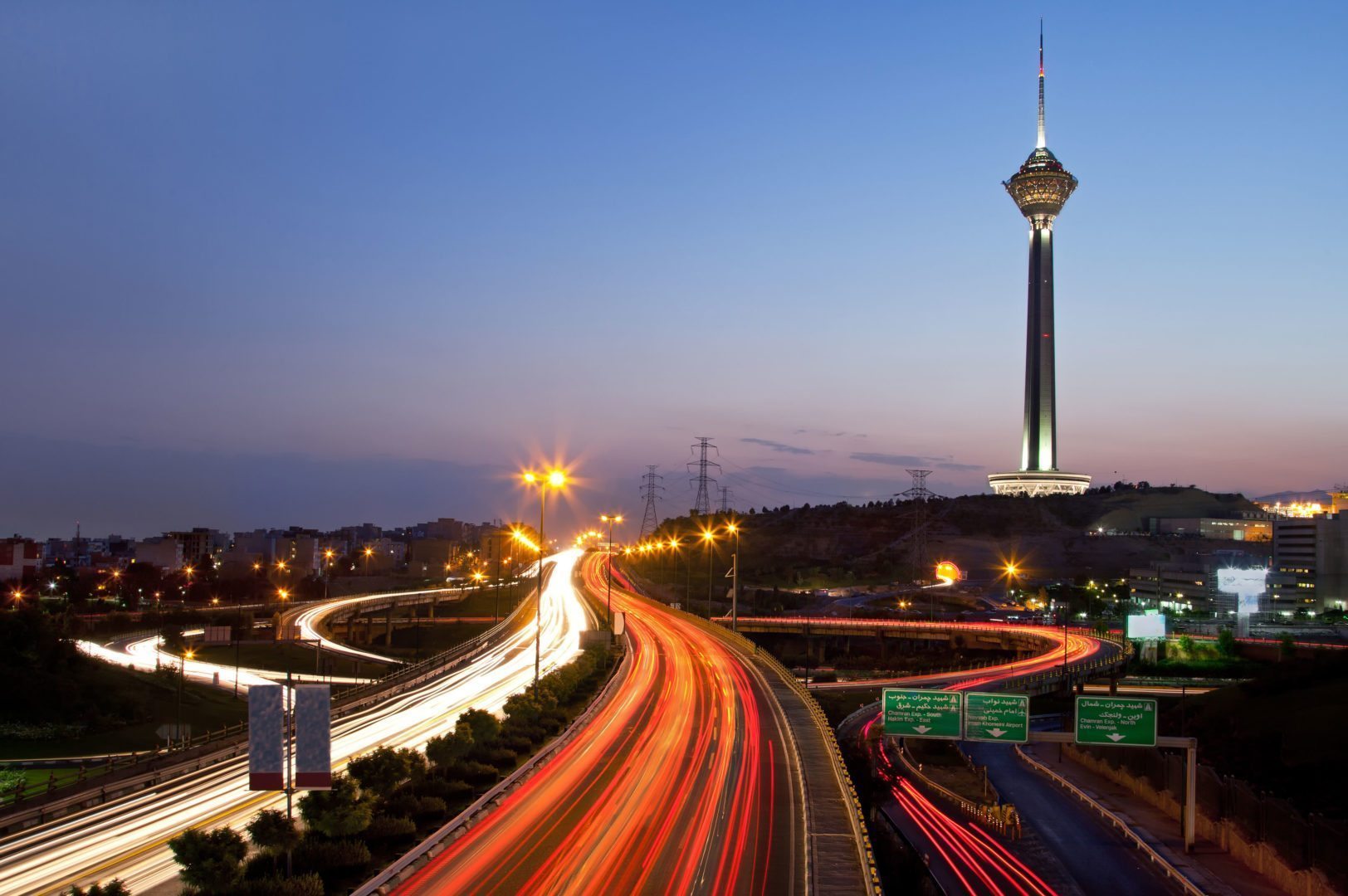

Sanctions are off the Middle Easts second largest economy, but business is going to need a coherent long-term strategy
The relaxation of sanctions against Iran, confirmed last night following the announcement that the International Atomic Energy Agency (IAEA) had declared the Islamic republic to be compliant with the terms of last years nuclear agreement, is the best piece of Middle East news since the end of the First Gulf War in 1988.
It removes most of the legal restrictions on trading with and investing in the regions second-largest economy and opens the door to a market of more than 80 million people. Iran has the worlds second-largest gas reserves, the fourth-biggest oil reserves, a diversified economy including the Middle Easts largest automobile industry and selective self-sufficiency in food.
It also has almost no debt, a creditworthy budget and balance of payments profile, and up to $100bn in financial assets that were frozen but could now be released. Its stock market is about to boom.
With its oil production poised to rise by more than 500,000 barrels a day (b/d) immediately and by at least 1 million b/d by the end of the year, Iran is likely to be one of the worlds fastest-growing economies in 2016. In real terms, its GDP could increase by more than 10 per cent.
But that is where most of the good news stops. The fact is that Iran remains an opportunity that may still be beyond the reach of many.
The first issue is the continuing threat of US sanctions. Most UN and EU restrictions on trading with Iran, including importing oil, are now gone. But the US still retains what are known as primary sanctions, legal penalties that could be imposed on US companies, subsidiaries and nationals associated with US legislation targeting Irans ballistic weapons programme, support of terror and role in Syria.
Non-US companies with a US connection will need to be certain that this does not expose them to punitive action by the US government.
The second is Iran still does not have money readily available to pay for imports. The slump in oil prices has squeezed its cash flow and the estimated $100bn in its assets held overseas and frozen under sanctions law will not immediately be available.
Most Iranian companies are illiquid and many are close to insolvency. It will not be possible for money to be transferred to and from Iranian customers until the Society for Worldwide Interbank Financial Telecommunication (SWIFT) restores its connection with Iran, although this should come soon.
The third is that Iran is a competitive market where companies from countries that either did not impose the full panoply of trade sanctions, such as China, or did not respect them, such as India, are already strong.
Iranian buyers harbor deep resentment about companies that suspended contracts following the intensification of sanctions in 2012. It will not be easy for businesses that left the Iranian market then to recover their former position now.
The fourth challenge is that Iran generally and many Iranian businesses particularly are unprepared to deal normally with the outside world. Decades of revolutionary turmoil, war and sanctions have distorted every aspect of the countrys economy, including the mentality of local business people and government officials.
Iranian oil may soon be flowing into global markets, but it will take time for normality to be restored to commercial relations between the Islamic Republic and a world that shunned it for more than four years.
There will be quick profits for opportunists, but regular businesses trying to do regular business will find the going tough in Iran. They will have to invest first in gathering information, making contact with Iranian partners and establishing an effective business presence in the republic.
But the Iranian economy is too big to ignore. If you are serious about doing business in and with the Middle East, you will need to do business with Iran. But there are few quick wins in a market that, with great long-term potential, will be fulfilled in due course, but not yet.
You might also like...

TotalEnergies to acquire remaining 50% SapuraOMV stake
26 April 2024

Hyundai E&C breaks ground on Jafurah gas project
26 April 2024

Abu Dhabi signs air taxi deals
26 April 2024

Spanish developer to invest in Saudi housing
26 April 2024
A MEED Subscription...
Subscribe or upgrade your current MEED.com package to support your strategic planning with the MENA region’s best source of business information. Proceed to our online shop below to find out more about the features in each package.








